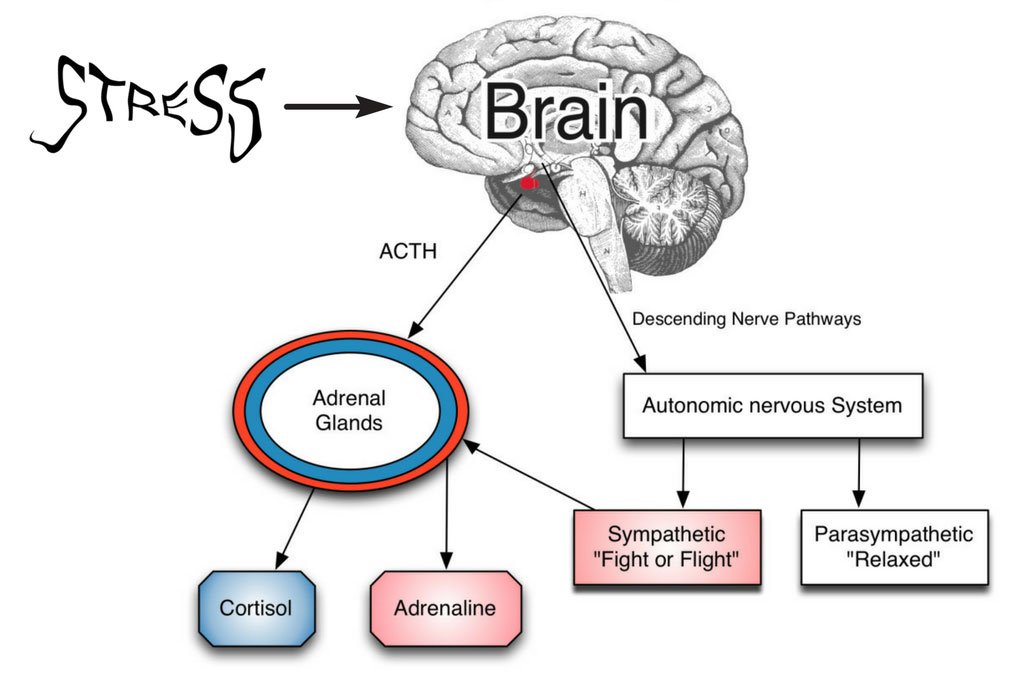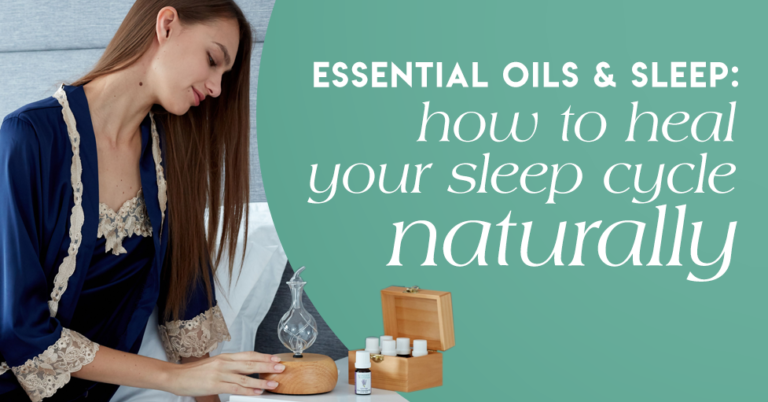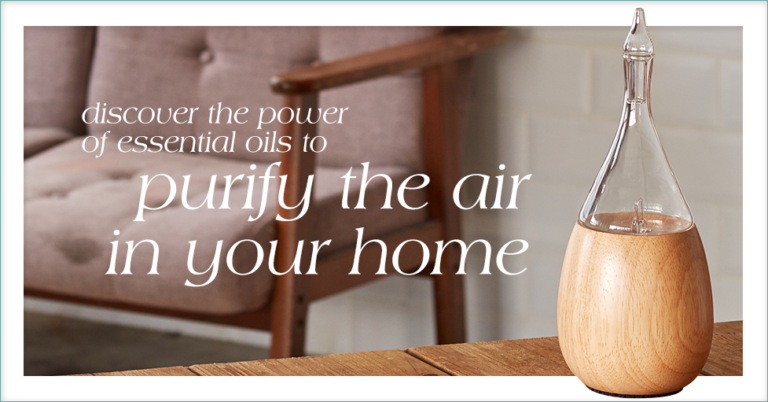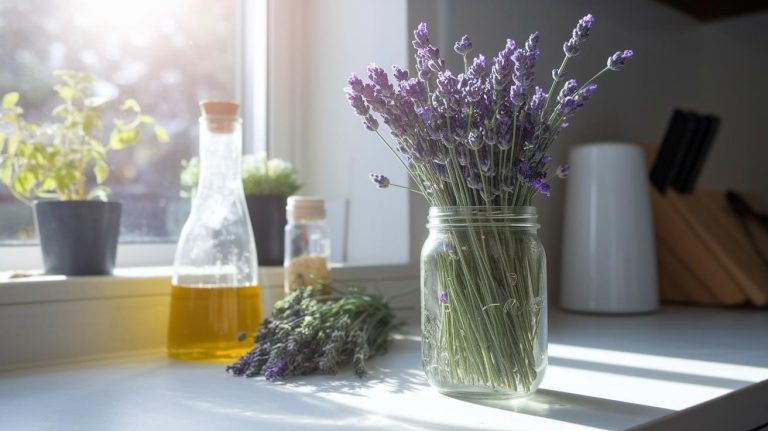Stress, Brain and Aromatherapy
Stress, a word that I’m sure each of us has an intimate familiarity with. The reality of the matter is that we all go through everyday experiences, whether good or bad that result in us feeling overwhelmed and stressed. While stressful stimuli are largely unavoidable, the way we appraise our environment and cope with stress is most definitely something we have the power to control. What I’ll do in this post is introduce you to a foundational understanding that behavioural neuroscientists have of stress, while also equipping you with effective tools and strategies to change our perception of, and manage stress. So stop and take a moment to sit back, relax and smell some rose oil as we delve into stress, the brain and aromatherapy.
What is Stress?
So what exactly is stress and what does it look like in the brain? Unsurprisingly, like many terms in psychology, stress isn’t as easy to define as one might think. While the fundamental physiology of stress is probably quite similar regardless of the behavioural definition we use, there have been many theories proposed that aim to address the question of “what exactly is stress”. For now, let’s start with a physiological perspective. When an organism, like you or I, experiences stress a division of our nervous system, known as the sympathetic nervous system, is activated. This leads to the very well known “fight or flight” response. The fight or flight response describes a process where our body utilizes our energy stores, increases our heart and breathing rate and gets ready to deal with a threat. Our brain and endocrine (hormone) systems accomplish this task by signalling through a variety of neurotransmitters and hormones such as noradrenaline, adrenaline and cortisol.

Why Does Stress Exist?
Animals, like ourselves, evolved the fight or flight response to be able to survive all of the threats within our environment. If you’re thinking “are you telling me that stress evolved to be a good thing?!” then the answer is absolutely. In fact, even the stress that we experience today can be a good warning sign that there is a threat within our environment and we should quickly try to deal with it. Stress can even motivate us in positive ways. When stress is experienced moderately and is interpreted as being beneficial to an individual, it’s known as eustress. The key there is to interpret stressful stimuli in a more adaptive way. That is, however, not what most of us do. Instead we appraise our situation in a negative way and ruminate on how stressful it is. That’s exactly the point where stress becomes toxic to our body, brain and mind. The fact of the matter is that our stress system evolved to deal with threats in the here and now. But with expansion of our beautiful brain, particularly the frontal cortex, humans developed an uncanny ability to worry about the future. Our stress system is then put into overdrive, which is something that it wasn’t adapted for, and our body suffers the consequences. Luckily, psychology has taught us a few ways that we can both prevent our experience of toxic stress and also cope with it.
How to Prevent Stress from Impacting in a Negative Way!
According to the “Theory of Cognitive Appraisal”, there are two levels of cognitive appraisal, primary and secondary. The former is our initial evaluation of a stressor, where we decide whether it’s 1. Irrelevant 2. Positive 3. Dangerous or harmful. Often times our first appraisal is to group the stressor in the third category. In reality many stressors can be viewed as benign or even positive. For instance, say that one’s application to work for a well known company is denied. Instead of viewing this as entirely negative, one might be hopeful that there are still a couple of organizations that they’ve applied to and are waiting to hear back from. The secondary appraisal is in our evaluation of our ability to cope with the stressor. Positive statements such as “I have the skills to be able to deal with this situation”, “I’ll at least try my best”, “I have the resources to be able to cope with this stressor” are important for helping us cope. But when all else fails and we’ve reached the point of no return and we’re experiencing toxic stress, there are a couple of ways to help manage and mitigate our stress response.
Best Ways to Handle Stress?
The beautiful thing about coping is that it’s really a personal journey that one discovers what works best for them. For some people this may be practicing meditation, mindfulness and yoga. For others it may be using social bonding and reaching out to their loved ones and friends for support. You might imagine that aromatherapy is most definitely a way that many people successfully manage stress. It’s also an adjunct that you can easily add to other coping methods. For instance, practicing yoga while filling the room with the calming scents of lavender.
But is there any truth in this coping method? Let’s look into the scientific literature to find out.
One study aimed to look at the effects of a lavender massage on women’s stress and immune function during pregnancy. The authors found that the group who received a lavender massage had lower levels of salivary stress hormones (cortisol) and higher levels of important markers of healthy immune function.
In another study, the authors found that inhaling lavender essential oil after delivery reduced mother’s levels of stress, anxiety, and depression scores 2 weeks, 1 month, and even 3 months after delivery.
In an animal model of depressive- and anxiety-like behaviour, lemon oil had anti-stress, anti-depressant, and anti-anxiety effects on mice. The mechanism through which these effects occur was shown to be through activating a neurochemical system in our brain, known as the serotonergic system, that is important for mood regulation.
Bergamot essential oil has been shown to influence the way our brain cells communicate with each other, calm brain activity and have both analgesic (anti-pain) and anti-anxiety effects in stressed rats.
Inhalation of a blend of lavender, ylang ylang, and bergamot once daily for 4 weeks in patients with hypertension resulted in a reduction in their perceived psychological stress, serum cortisol stress levels, as well as blood pressure.

So there you have it! There is clear evidence that aromatherapy is an effective tool for managing the toxic effects of stress. Now it’s time for you to try these oils for yourself and see whether they work for you.






Robin, I love it too. Bergamot is so effective for these conditions because it has powerful antiseptic and relaxing, sedative qualities. These attributes make it a perfect tonic for reactive skin.
Thanks for this great information, Daniel. A lot of people will really benefit from your first-hand essential oil knowledge. I love Bergamot oil, and it makes the perfect tonic for the reactive skin.
It’s great to learn more about essential oils. I prefer rosemary oil. It may help improve memory, concentration, and mental alertness, and help treat headaches and migraines.
Thanks my brother had two strokes this year. I will share your article in hopes he can use the information to improve health and prevent any future strokes. Thanks again!
This will be extremely useful for me. I am often stressed, so this could help me so much.
I love using aromatherapy it’s great for calming down or getting energized thank you for sharing this great information
Being Bipolar,Is Stress Itself,I Think Armoatherapy Would help me 4 Sure !!!
I like to see about the technical factors. I thank you for the vivid review on the way stress works, and what can be done.
I love this article! Essential oils are great for relieving so many emotional and physical ailments!
I work 2 jobs have a sever autistic child nonverbal i have alot of stress on me
My son is living with a serious mental illness, so I use essential oils to help him relax when his anxiety is high.
I always massage lavender oil into my temples just before going to bed. It’s one of the best habits I have ever started.
what a wonderful prize
thanks for a lot of useful information
We all need more self care 🙂
Love aromatherapy
My girlfriends’ mum got my girlfriend into aromatherapy and she got me into it. Aromatherapy products are just beautiful. I suffer from depression and anxiety and use a variety of your blends to help me. I feel that your products help me a lot in my daily activities as I feel so stressless and love coming home to the invigorating smell of blends.
Stress- lavender.
Great article
Baaaah!
im always stressed would love to try these
Okay.
Ah some nice new uses for Lemon & Bergamont
Is freeze considered another stress response? I know many that do under certain stimuli.
I need these!
Thanks for another helpful and informative article.
This is a very helpful article. You reference several studies. Would you mind citing those studies so that I can pass them on to my doctors? Thank you!
Beneficial read!
great article – thanks
I really believe aroma therapy can relieve stress !
My stress level can be pretty high. I’ve been hearing about how aromatherapy can decrease stress. This just confirms what I’ve been hearing.
Lavender is a must for me! Not only is it relaxing but it also smells quite nice in my apartment and people always comment on how nice my place smells.
I can attest that using lavender essential oils really works. I put a drop under my nose and one on each temple before I go to bed. I feel so relaxed and drift off to sleep very easily.
I would love this since I suffer from insomnia and it would definitely help me to relax. Loved the article
Very useful information. Thank you. Xx
we all need to relax more
Aromatherapy massage is great!
Great reminder that we all need to take time for ourselves
Great read, some really useful information here.
Stress and Anxiety go hand and hand for me. I usually use a Lavender oil to cope with it, it seems to help. Thank you!
Stress was causing insomnia for me. I have greatly improved my issue with aromatherapy. I make a Bergamot, Chamomile and Lavender oil mix and use it next to my bed. I have also used other techniques, but this has helped me immensely. I swear by aromatherapy.
Very well written and timely article.
Great read, some really useful information here.
too many fact it’s interesting to know them
my mum really needs this she has severe nausea due to painkillers broken rib and fractured L3,L4,L5 due
to osteoporosis information very helpful THANKYOU
Great article – hope to use some of the tips provided.